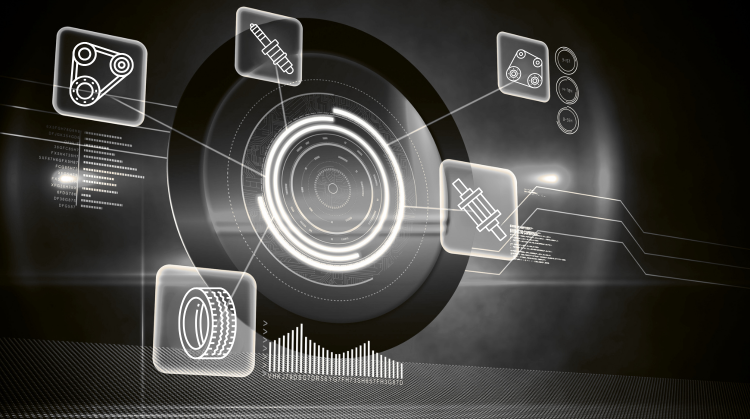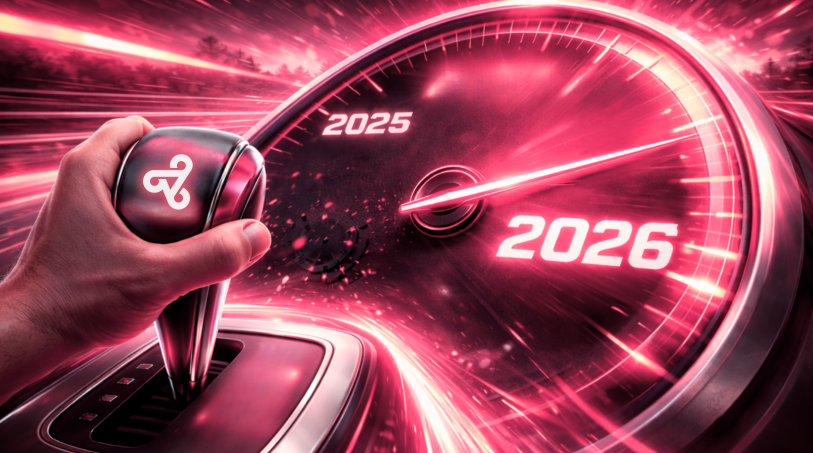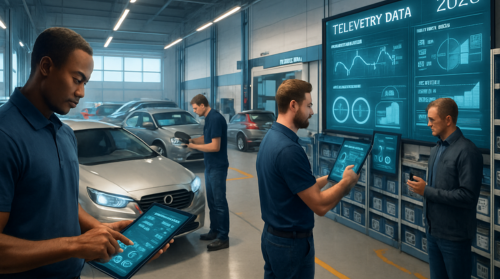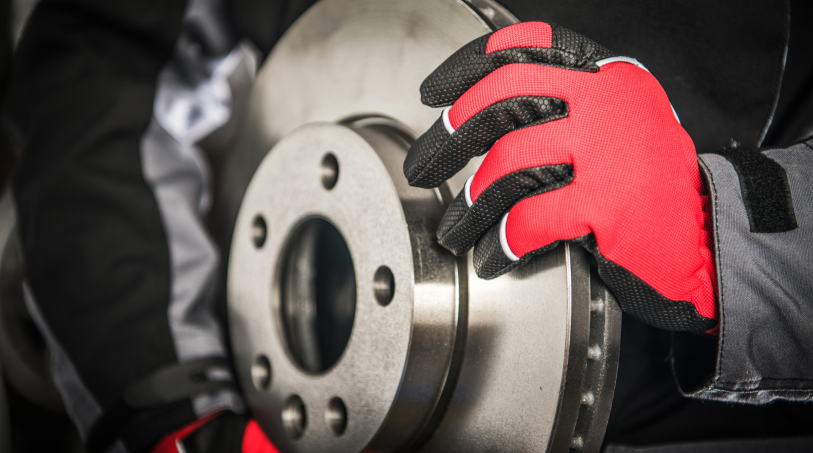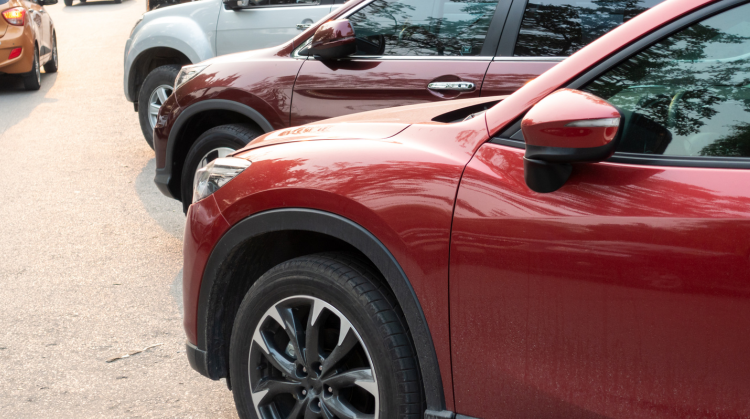Digitalization has been rapidly reshaping the way auto parts companies operate in Latin America. The rise of e-commerce and the adoption of emerging technologies no longer amount to merely having an online presence: they represent a structural transformation that affects everything from business models to operational efficiency and sustainability practices.
Rapid growth of e-commerce
In Brazil, the auto parts e-commerce sector follows the global trend. According to the Brazilian Association of Electronic Commerce (ABComm), e-commerce in Brazil grew 16% in 2024, accounting for 11% of all online retail.
International projections reinforce the market’s potential. A study by Future Market Insights (FMI) estimates that by 2032 the global digital auto parts market will reach US$267.8 billion, with a compound annual growth rate of 16.5%. This outlook creates opportunities but also puts pressure on companies that still rely on traditional models and need to accelerate digitalization to remain competitive.
The evolution of e-commerce is already visible in practice
Growth is seen as inevitable in the coming years, and the main automakers and distributors have already realized this is a one-way movement. In this context, the experience of companies that have advanced in digitalization helps to gauge the impact.
“For an automaker, adapting its business to a marketplace like Mercado Livre represents a huge challenge. And it is thanks to the solutions offered by Alephee — with cataloging tools, reports, compatibility features and, of course, support and consultancy — that we have been able to develop this new sales channel increasingly well,” says Fabrizio Galetto, After-Sales Director at Renault Argentina.
Distributors’ results are also clear. “Having Alephee’s support on this e-commerce journey is extremely important for reaching new customers. Besides helping with the entire process of uploading listings to the marketplace, the platform also simplifies inventory management,” highlights Renato Passaglia, Chief Financial Officer of BomPreço Autopeças.
From efficiency to sustainability
Digitalization is also transforming the industry’s backstage. Technologies such as IoT, digital twins and integrated ERP systems already enable tighter control over inventory and the supply chain, reducing waste and anticipating demand. Studies by the Boston Consulting Group (BCG) indicate that predictive maintenance using artificial intelligence can extend equipment life by up to 30%, while blockchain solutions and real-time tracking reduce failures and logistics costs.
In Brazil, the National Confederation of Industry (CNI) reports that 69% of companies in the sector already use some level of digital automation, a movement that can lead to energy consumption reductions of up to 15%.
The future of the sector
Despite progress, barriers remain. Data standardization, substantial investments and workforce training are among the main challenges, especially for small and medium-sized companies.
Experts stress that digital transformation only consolidates when accompanied by strategic planning and a focus on solving customers’ and operations’ real pain points. Still, the outlook is promising: from automation in independent workshops to large international partnerships, digitalization has stopped being a trend and has become a central element of competitiveness in the Latin American auto parts sector.
And, by all indications, this movement is likely to accelerate even further in the coming years.

